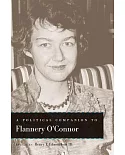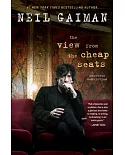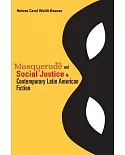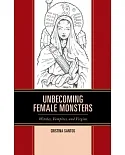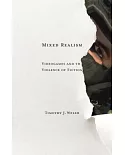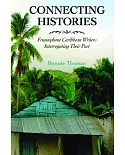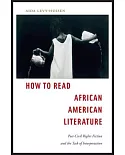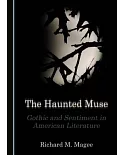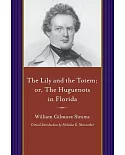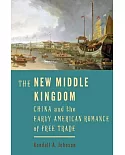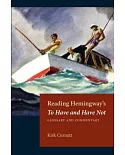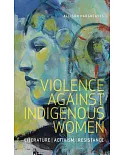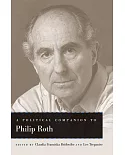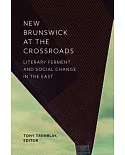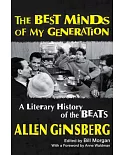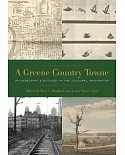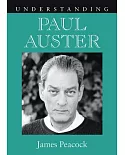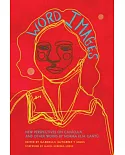This wide-ranging, ambitiously interdisciplinary study traces jazz's influence on African American poetry from the Harlem Renaissance to contemporary spoken word poetry. Examining
established poets such as Langston Hughes, Ntozake Shange, and Nathaniel Mackey as well as a generation of up-and-coming contemporary writers and performers, Meta DuEwa Jones highlights how
the intersections of race, gender, and sexuality shape the jazz tradition and its representation in poetry. She applies prosodic analysis to emphasize the musicality of African American
poetic performance and examines the gendered meanings evident in such performances and in the criticism, images, and sounds circulating within jazz cultures.
Jones also considers poets who have participated in contemporary venues for black writing, including Harryette Mullen, Elizabeth Alexander, and Carl Phillips. Incorporating a finely honed
discussion of the Black Arts Movement, the poetry-jazz fusion of the late 1950s, and slam and spoken word performance milieus, she also focuses on jazz and hip hop-influenced performance
artists such as Tracie Morris, Saul Williams, and Carl Hancock Rux.
Illuminating how innovations in American poetry have been linked to jazz as musical performance and as literary representation, The Muse Is Music deftly applies the methodology of
textual close reading to a critical "close listening" of American poetry's resonant soundscape.


